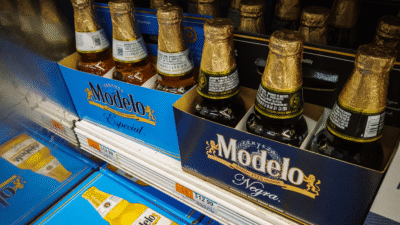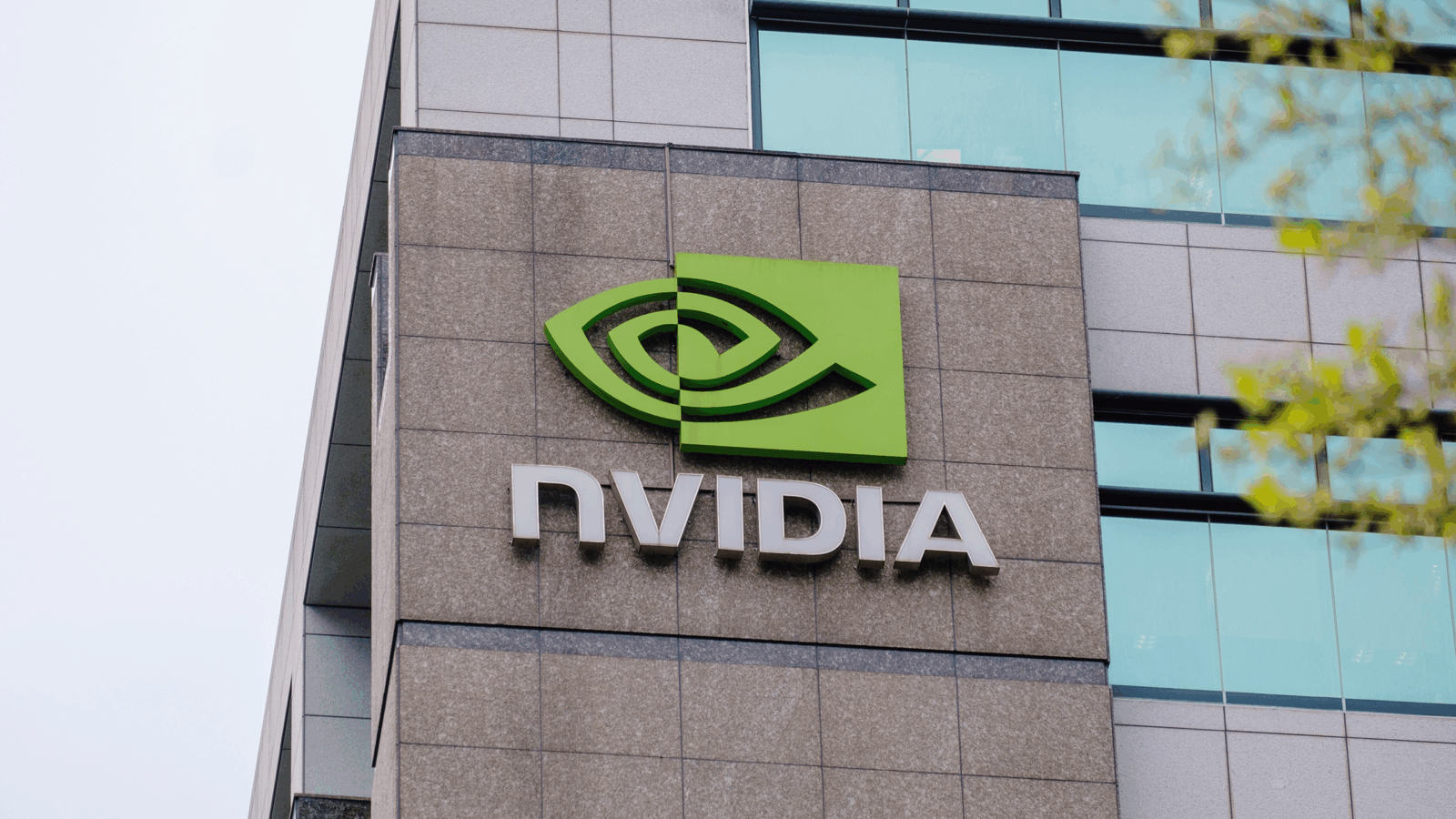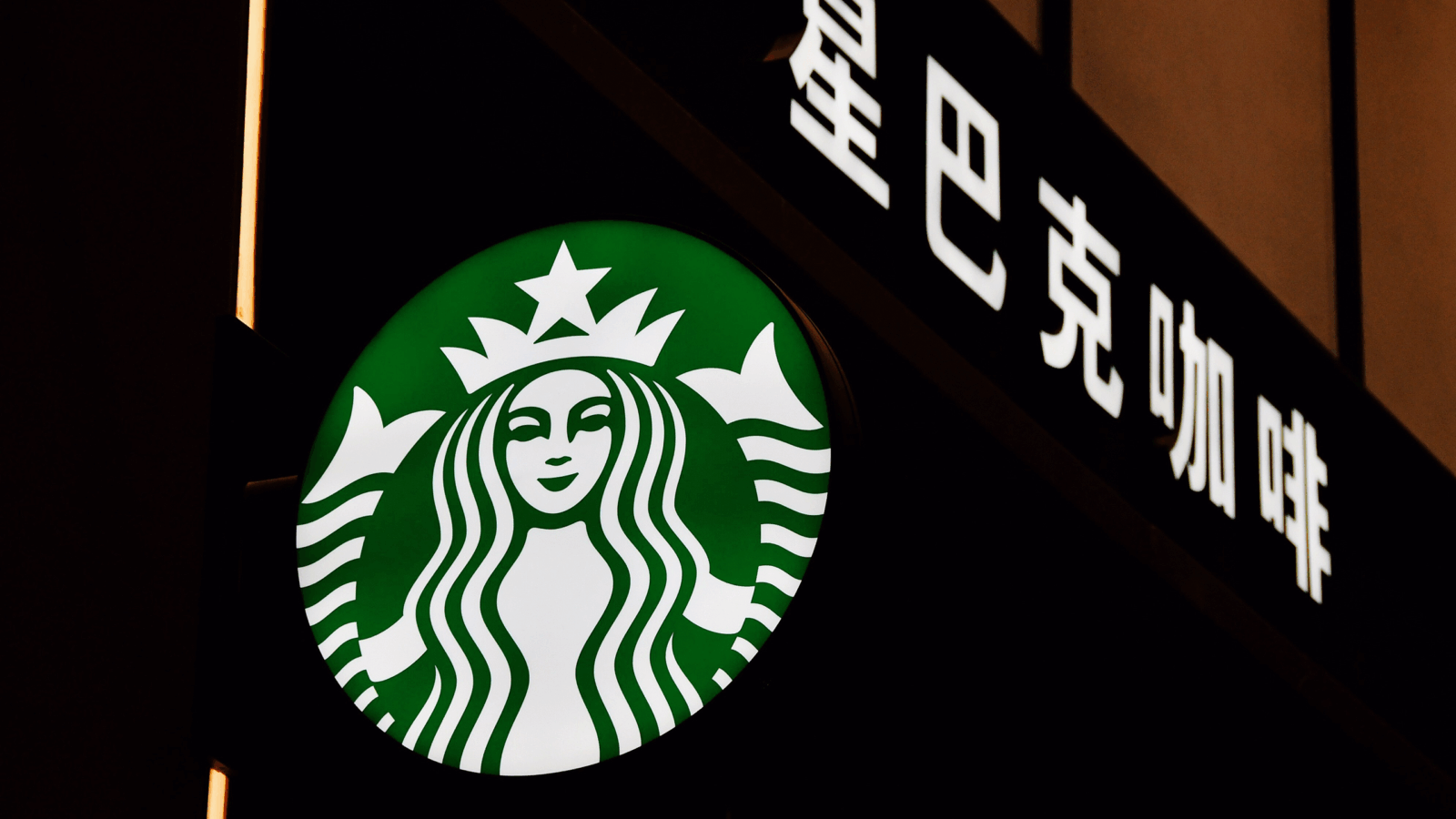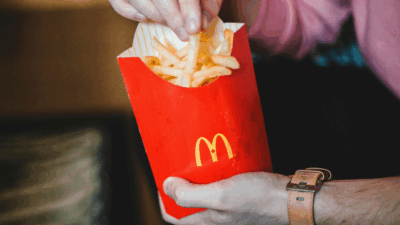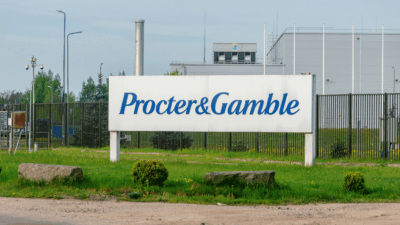McDonald’s Buys Back a Piece of Its China Business
McDonald’s bought out the 28% stake of its Chinese business owned by private equity giant Carlyle Group, just as it plans an expansion there.
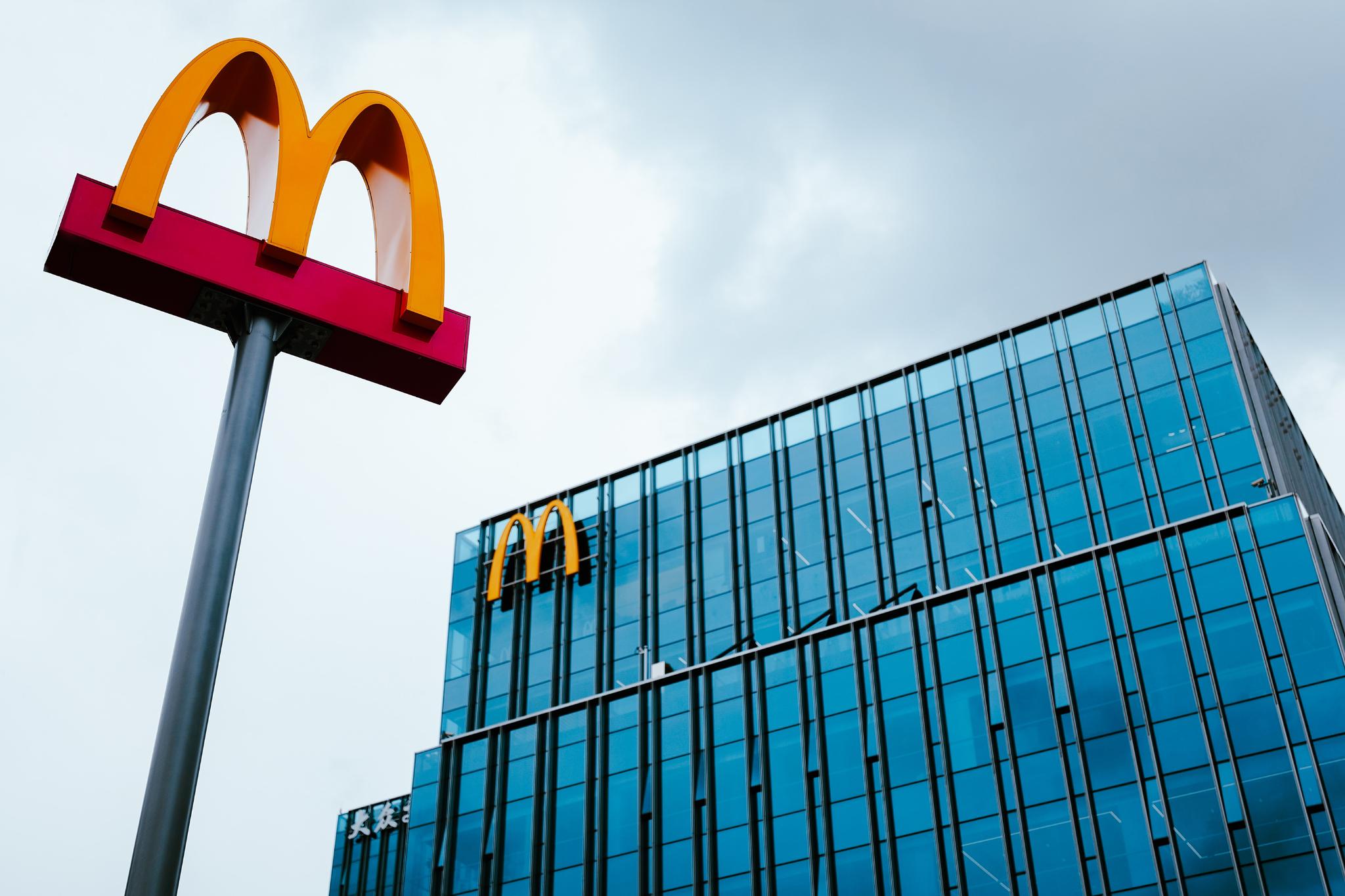
Sign up for smart news, insights, and analysis on the biggest financial stories of the day.
Now this is how you “Super Size” an order.
On Monday, McDonald’s bought out the 28% stake of its Chinese business owned by private equity giant Carlyle Group, bringing the fast food kings’ overall ownership of its Chinese enterprise to 48%. The move comes as McD’s prepares for a massive expansion of the Golden Arches across the Middle Kingdom — just as many Western brands take a step back.
Ronald Meets the Red Dragon
Running a massive fast-food chain is hard work, which is why McD’s has franchised out roughly 95% of all its US locations to independent owners, allowing franchisees with regional and local know-how to operate their own businesses. In 2017, McDonald’s essentially took the same concept to a macro level when it sold off a controlling stake of its operations in China, Hong Kong, and Macau for $2.1 billion — with Carlyle grabbing 28% and Beijing-backed conglomerate Citic owning a 52% share.
But the french-fried winds have shifted. Since 2017, China has evolved into a major piece of the brand’s business. So when Carlyle started looking for buyers of its one-fifth stake earlier this year, McD’s jumped on the chance to reacquire the disparate piece of its massive empire:
- In July, Bloomberg reported that Carlyle was seeking to sell its McDonald’s stake, with GIC Private Limited and Mubadala Investment Co. — the sovereign wealth funds of Singapore and Abu Dhabi, respectively — named as potential buyers in a deal possibly worth as much as $4 billion. On Monday, Bloomberg reported that McDonald’s bested that offer, though details remain undisclosed.
- McDonald’s currently has 5,500 locations across China, Hong Kong, and Macau, more than double what it had in 2017. It’s now planning to increase that number to as much as 10,000 by 2028. Citic still owns its 52% share.
“We believe there is no better time to simplify our structure, given the tremendous opportunity to capture increased demand,” CEO Chris Kempczinski said in the statement.
Fed Up: Carlyle’s push to get out of China tracks with just about every other Western investment firm. China just recorded its first-ever quarterly deficit in foreign direct investment, according to preliminary balance of payments data, as overseas businesses fret the growing geopolitical tensions between the nation and the Western world. Then again, perhaps there’s nothing a little Big Mac diplomacy can’t solve.

